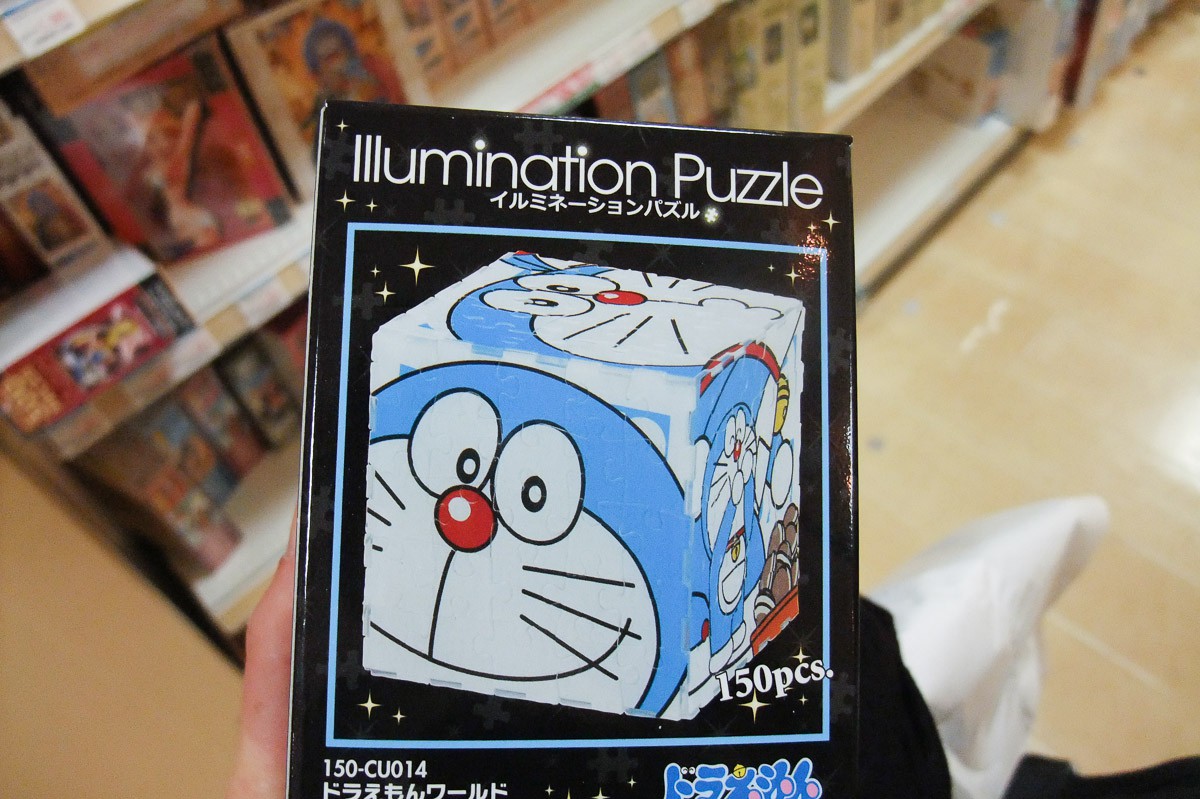
Yukiko Jungesblut’s work is a research-based quest exploring the world of imagination, of scientific discovery and of the everyday. It is a way to realize a utopian thought model right here and now. It can also be regarded as a means of seeking and constructing knowledge moving beyond the rational boundaries of sciences and permitting an experiential, perceptive, even phantastic component to sneak back into the picture. It can be considered as a mixture between a conceptual approach to art and a narrative or literary take on things.
Jungesblut works across a range of media – she makes videos, compiles books, takes photos, performs and she arranges complex, stage-like installations, reminding of movie sets which she calls “mind spaces”. These sets combine found objects, archival material ranging from newspapers, sketches, photos, light-objects, and documentation material from her “experiments”. She often makes use of pre-existing media fragments, mixing these with her own quirky inventions, alluded stories and self-generated material. Thereby she re-compiles the world as given with the world as imagined into an own open system, creating worlds that are fused with both melancholy and optimism, allowing a world of contemplation and questioning to manifest itself amongst the hectic of the everyday life surrounding it.
In the past she has presented her work in conjunction with the Zonographic Society – a virtual and secret organization that partly employs other people (visitors, colleagues and others) as agents to investigate primarily underdetermined phenomena like boredom/ ennui or waiting. The Zonographic Society is the result in some ways of combining the dream of science with the dream of the cinema.